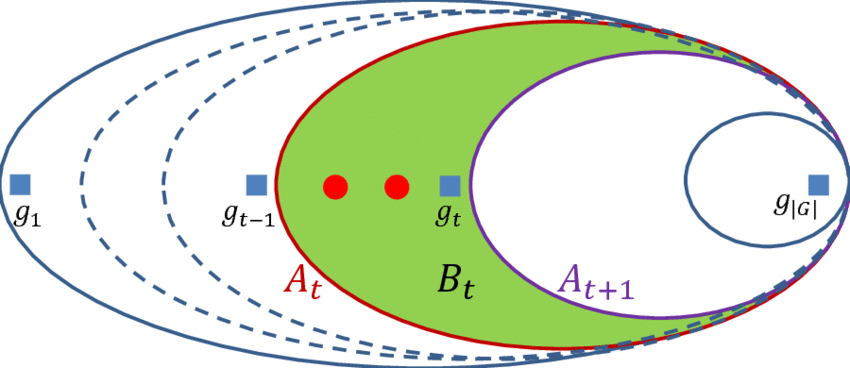Threshold of greed: During the Asian financial crisis in the years 1997 – 1998, I was fortunate to participate in the currency and foreign exchange trading market.
There, I witnessed the very volatility of the currency and learned a lot. There are times when the market volatility is very strong, requiring you to always keep a cool head to make quick decisions in a few seconds but with high accuracy. When you make a mistake in a transaction – which happens quite often in the early stages – you must immediately admit your mistake to the bank and find a way to correct it. Any mistake, even if it is only known and not resolved immediately, has consequences, and it will take many times more effort to resolve the mistakes later.
Trading in foreign currency and capital – also known as money trading – requires one principle: knowing when to stop at the allowable threshold.
Traders who make buy and sell orders for foreign currencies on a daily basis are usually given a stop loss limit by the bank and must not exceed this limit. Doing this requires a great deal of discipline and responsibility. When a trade falls into a state of loss, traders often have the mentality of not wanting to “close the position” to accept the loss but linger, waiting for the market to turn, ie the exchange rate will move in their favor. . In many cases where the position should be closed immediately, traders continue to buy and sell according to their predictions to reduce losses. The “clinging” to the market can then lead to larger losses, which can easily exceed the allowable threshold.
Some traders then fell into a panic. They find ways to hide their losses, continuing to hope that the prices of currencies in the market will reverse so that losses are gone. The collapse of Barings and the loss of billions of dollars by the Société Générale bank due to teller losses and fraudulent transactions in 2008 both stemmed from this fear.
On the other hand, traders sometimes fall into a “greedy” mentality when their trades are profitable in serviced apartment in ho chi minh city. They continue to increase trading volume in the hope of making more profits. Busy chasing profits, until the market reverses, traders do not have time to “close the position”, the profit may immediately disappear or turn into a loss state.
Greed and fear are always two wolves hiding in each person. We often see when the price of stocks or real estate increases, people are more greedy, jumping into the market to buy, from which the price continues to be pushed up.
On the contrary, when the market falls, people fall into a state of fear and sell at the same time. This sounds absurd at first because we are trying to buy expensive and sell cheap. However, people will often act on feelings instead of reason when confused. The most important thing at that time is whether we can manage our greed or overcome our own fear.
Greed, fear all affect the individual financial investor, or the organization he is working for. On a broader level, the recent corruption and bribery cases that have been brought to justice are also rooted in greed, but their scope of influence does not stop at organizations or individuals. Most (if not all) people who accept bribes, corrupt or intentionally violate credit principles are not poor. Even they are rich and very rich. However, due to the inherent greed of people, they are inclined to continue their actions. The “blind spot” of greed has covered their eyes, preventing them from realizing the line – the threshold of greed – where they need to stop.
This week, the public watched the major cases in the banking industry go to trial. Banking is a risky business. Bankers every day face many uncertainties at work. Due to frequent exposure to a lot of money, they need to always keep themselves in order not to be tempted by the money itself, keep a cool head to know where the thin line is between right and wrong; keep warm heart to contribute to the bank and society.
Despite some recent sad incidents involving several banks, I still see and believe that most of my colleagues who are working in banks are still working hard to do the right thing. right every day.
For people, watching the trials is an opportunity to better understand the banking profession. That one wrong decision of the profession can cause huge losses for the bank and severely affect their own careers. To understand, banking is really a challenging profession, not easy to make money and get rich like turning your hand.
I believe the Buddhist law of cause and effect is also true in the financial profession or in the public sector. People should only enjoy what is right for their labor. If we try to plunder as much as possible and cause harm to others, the consequences will inevitably come at one time or another.
Knowing where to draw safe lines to manage greed and overcome fear is an important skill for us to live a life worth living; do things worth doing.

